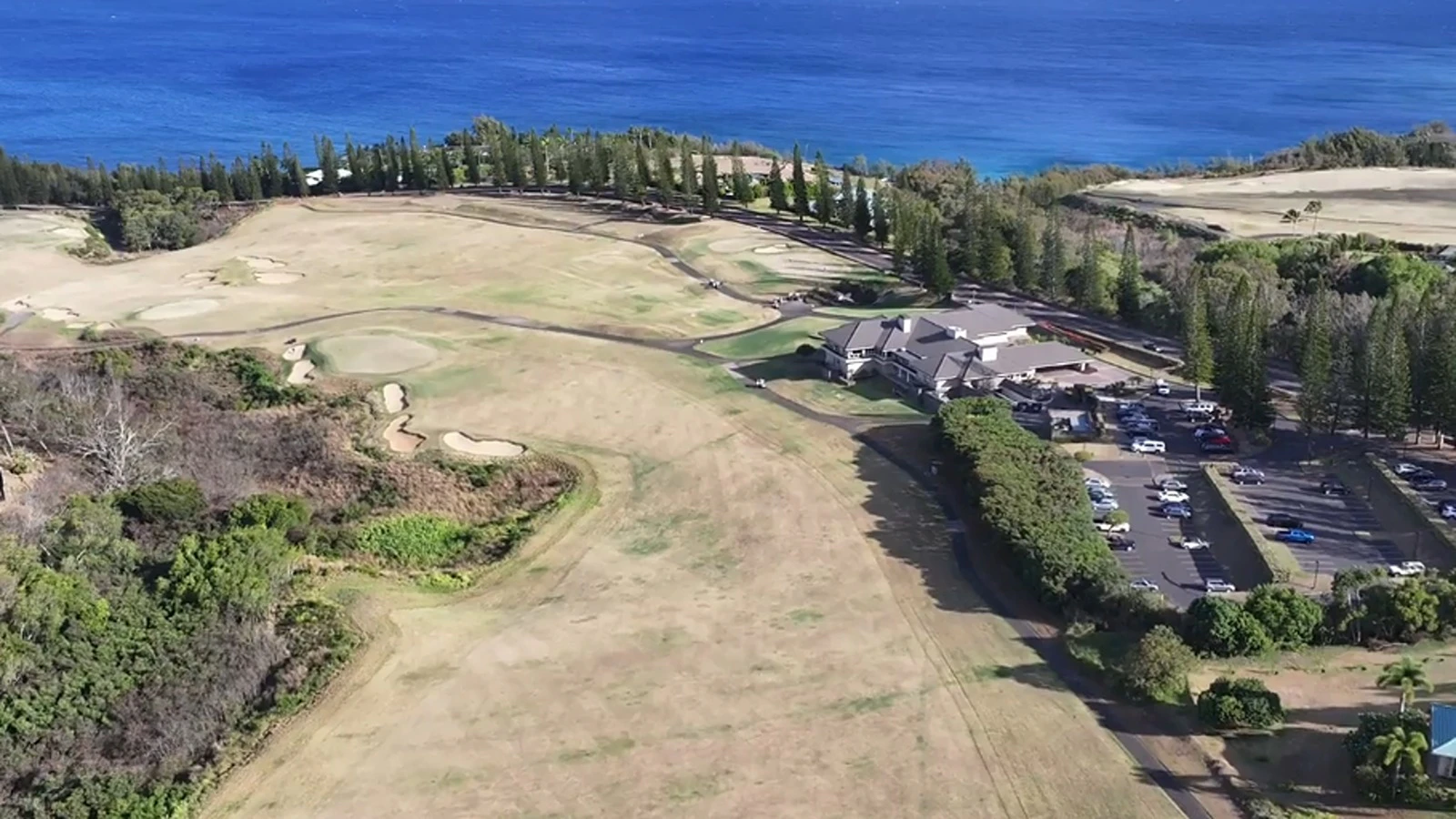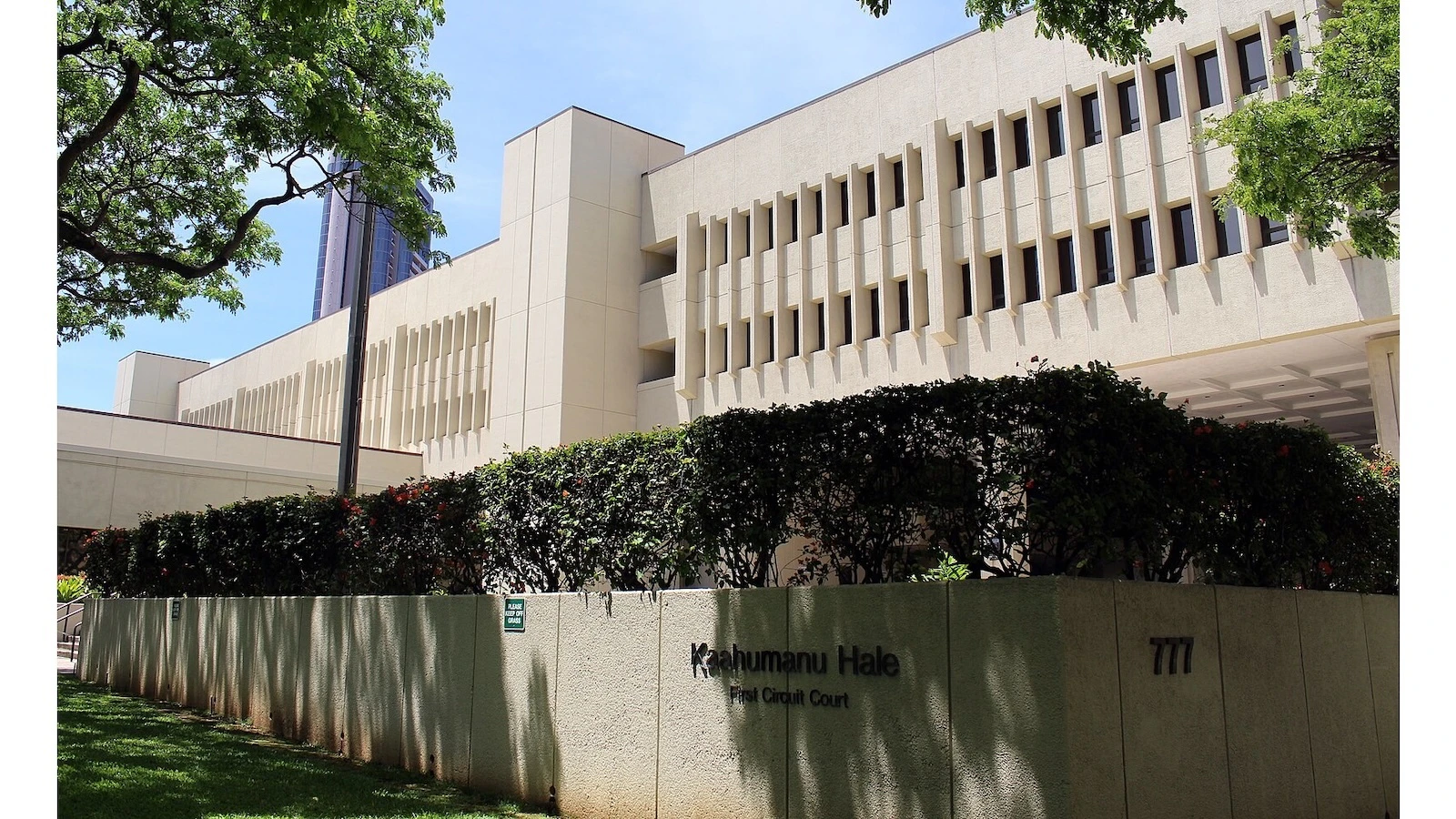A group of over 100 Hawai‘i hotel workers have won a class-action lawsuit against their employers over improperly paid tips.
In 2016, Reneldo Rodriguez was working at the Mauna Kea Beach Hotel on Hawai‘i Island serving food during banquet events. While he was working there, the hotel imposed a fee, called a “service charge” or “gratuity” on guests.
Although the hotel informed guests that those charges would not be distributed in full to employees, it did not specify the actual percentage of the money that would go to staff. The disclosures at the time read, in part: “We allocate a portion of the service fee to our employees as tips or wages.”
And that, it turns out, is illegal.
Rodriguez filed a class-action suit against Mauna Kea Resort, Hawai‘i Prince Hotel Waikīkī and Prince Resorts Hawai‘i in Dec. 2016 on behalf of “over 100 servers, porters, bartenders and other employees,” arguing that their hotels had violated a state law protecting against unfair and deceptive business practices.
The law in question — Hawai‘i Revised Statutes 481B-14 — specifically applies to hotel or restaurant service charges. Under that law, any establishment that applies service charges for food or beverage services must either distribute the service charge directly to its employees as tip income or “clearly disclose” to the purchaser that the charge is being used to cover expenses other than employee wages and tips.
The word “clearly” was the linchpin of the argument by attorney Brandee Faria, representing the plaintiffs. She never disputed the fact that the hotel did inform guests that service charges didn’t entirely go to employees.
But obfuscating how much of those charges did go to workers, she argued, goes against the understood definition of “clearly.” She suggested that providing the specific percentages of where the charges go would fulfill the requirements of the law.
With the hotels having failed to meet legal requirements, Faria argued that the plaintiffs were entitled to 100% of the service charges levied during their employments, with damages to be determined at trial.
While the First Circuit Court agreed with the plaintiffs, the defendants appealed and the Intermediate Court of Appeals reversed the lower court’s decision.
But the ICA’s reasoning was flawed, Faria claimed.
In a follow-up appeal to the Hawai‘i Supreme Court, she argued that the ICA had wrongly focused on her suggestion of providing percentages, when that was only one of any number of potential ways to “clearly disclose” the use of service fees.
“The question … is whether a disclosure that does not provide sufficient or meaningful information to consumers to make a gratuity determination — that is, whether and how much to tip — ‘clearly discloses’ that the service charge is not a gratuity or tip,” read Faria’s Supreme Court filing.
On Monday, the Supreme Court issued a verdict in favor of the plaintiffs.
Associate Justice Todd Eddins wrote that the law serves a dual purpose: to ensure consumers are well-informed and service workers are adequately compensated. The law exists to “patch” a previous issue where employers used service charges to cover their own administrative costs, while consumers — who believed the service charges had already covered workers’ tips — left no tips for employees.
Eddins cited in his opinion the Merriam-Webster Dictionary definition of "clearly" ("'free from obscurity or ambiguity,' 'easily understood,' or 'unmistakable'), concluding that the hotels had failed to meet such a standard.
“Does a portion of the service charge mean nearly all of it?” Eddins wrote. “Or almost none of it? Does ‘a portion’ [allocated] to ‘tips or wages’ mean that none of the service charge is allocated to tip income? Or does it mean that nearly all of it is? It’s any consumer’s guess.”
Eddins noted that, in early 2017, the hotels updated their disclosures to be more specific. One such example specified that 18.7% out of a 22% service charge is pooled and distributed to relevant staff, with the remaining 3.3% retained by the hotel, which Eddins considered a sufficiently clear disclosure.
The Supreme Court’s decision overturns that of the Appeals Court, and remands the case back to the First Circuit Court for further proceedings.
Aloha State Daily reached out to Faria for comment.
For the latest news of Hawai‘i, sign up here for our free Daily Edition newsletter.





